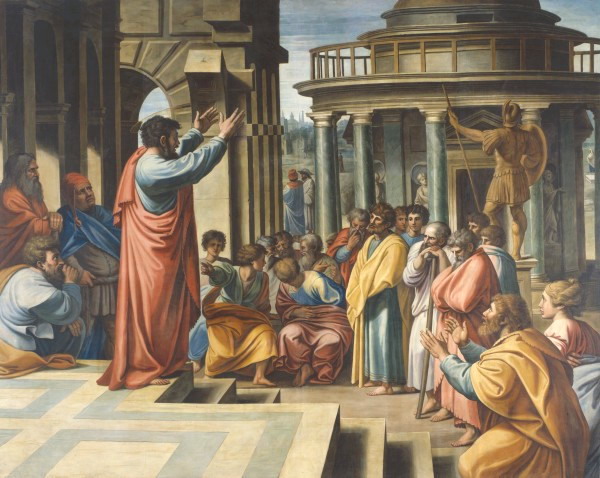Lots of commentary around the web on the new Pew survey finding a sizeable chunk of Americans have shifted from “Protestant” to “unaffiliated,” such that the Protestant category is now in the minority for the first time. As many have pointed out, the unaffiliated generally are not atheists or even agnostics but have some religious beliefs; they just don’t identify with a particular religion. Yet the trend has troubling implications.
The most insightful comment I’ve seen so far is this, from Terry Mattingly:
After decades of sobering statistics about rising intermarriage rates, falling birthrates and their declining flocks, eventually Jewish clergy began talking about a future in which there would be “fewer Jews, but better Jews.”
Faced with sobering evidence that the number of priests was falling, along with statistics for Confession and weekly Mass, many Catholic leaders started talking about a future in which there would be “fewer Catholics, but better Catholics.”
Now, according to a new survey by the Pew Forum on Religion & Public Life, Protestant leaders should start preparing for a future in which there will be “fewer Protestants, but better Protestants.”
Is the second part – “better Protestants” – wishful thinking? I don’t believe so. I think that after a century of confusion in the wake of the modernist/fundamentalist split, we are at last becoming better Protestants.
But there are clearly fewer of us, and that will make discussions such as the ones here on HT all the more problematic.
Which reminds me, I’ve owed Dan a reply on the epistemology of elite cultural institutions for almost two weeks – have to get to that soon!
